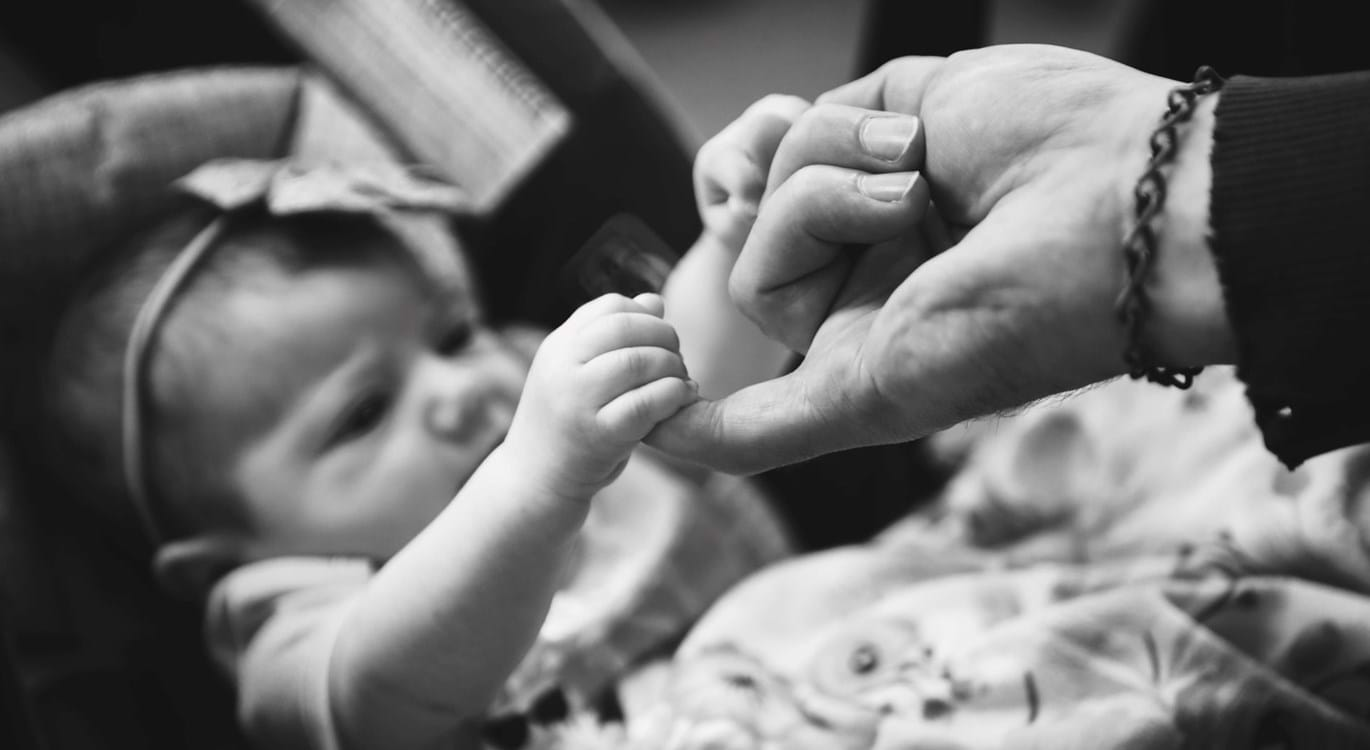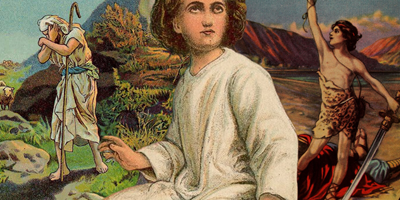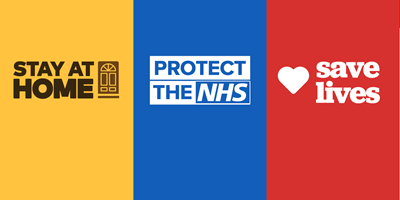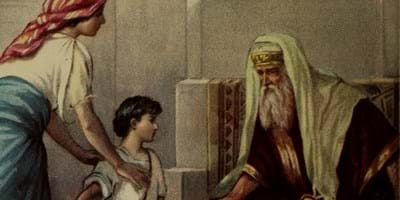“O Lord, my heart is not lifted up; my eyes are not raised too high; I do not occupy myself with things too great and too marvellous for me. But I have calmed and quieted my soul, like a weaned child with its mother; like a weaned child is my soul within me. O Israel, hope in the Lord from this time forth and forevermore” (Psalm 131:1-3, ESV).
I sometimes smile when I read in 1 Peter 2, “As newborn babes, desire the sincere milk”, as I now recall the belligerent and uncompromising demands at all hours of the night. My baby certainly desired me, but more so, the gift of milk.
The weaning process was probably the first time that my child learned discipline. If he/she could have strung some early words together, it may have been something like, “why are you denying me this? I demand this gift and demand it NOW!” As a responsible parent, I had to train my child to give up craving this ‘treasure’ and start to rest in my love and guidance.
As the child was weaned from the gift, he/she gradually became more independent. My love for the child and the child’s love for me did not change – however, the nature of the child’s relationship with me evolved in its character. The child started to want my attention and love, rather than simply perceiving me as a feeding machine. For example, as the toddler took its first tentative baby steps, he/she would suddenly feel some insecurity and, as a weaned child, depend on me for some reassurance and quietening. How often over the years, they came bounding up on my lap for that all-consoling and securing cuddle.
My days of being a nursing mother are certainly over but the strength of this maternal bond is maintained and my now adult children all have the instinct to call on me when they feel that they need the care that only a mother can give. The maternal relationship is especially valued by me because, as a 15-year-old teenager, following a very comfortable life as a child, this lovely relationship was abruptly interrupted by the death of my mother who died at the age of 42. How often I would have wished to embrace her calm and quietening reassurance when perplexed about such experiences as miscarriages, infertility, my husband having cancer or my children experiencing shattering heartbreak.
I identify with the Psalmist. Like a weaned child, my soul reaches out for the comfort of God. At times, He has withheld what I demanded as being necessary and I now realise that He was teaching me to run towards His embrace and love. He has not just been an option but a necessity and, through some very difficult times, I feel that I have been, in a child-like way, “sitting on His knee” while He speaks to me personally through the Psalms and other scriptures. I have learned to trust Him, and now my instinct is to pray, simply because I need Him.
“O Israel, hope in the Lord from this time forth and forevermore.” The Psalmist wants to encourage those around him to do the same. I encourage my own children to “hope in the Lord”. C. H. Spurgeon comments that this is one of the shortest Psalms to read but one of the longest to learn. “This child can face uncertain days, because He lives.”




























